The genius of writing about people
Scottish poet Robert Burns wrote in the language of the people, about people, for people. He is described as the greatest Scot that ever lived so I thought his annual birthday celebration was an ideal time to write about him. The vision of Robert Burns is that we are all equal - we are good and bad, we all laugh and cry. He writes words that have moved me to tears, he left us with a philosophy - we are the same - money, status. position, things - don't matter. He wants everyone to appreciate life for what it is and people for who they are.
Robert Burns was not about things, he wrote about the good, bad, happy,rich and poor, he adored the characters of his day and people treating each other as people. It is clear he had true compassion for his fellow Scot.
I think he understood more than anyone that we have to be able to laugh at ourselves . He was a man of the people; a genius of writing about people.
Is there for honesty poverty That hings his head, an' a' that; The coward slave - we pass him by, We dare be poor for a' that! For a' that, an' a' that, Our toils obscure an' a' that, The rank is but the guinea's stamp, The man's the gowd for a' that.
What though on hamely fare we dine, Wear hoddin grey, an' a' that? Gie fools their silks, and knaves their wine, A man's a man for a' that. For a' that, an' a' that, Their tinsel show, an' a' that, The honest man, tho' e'er sae poor, Is king o' men for a' that.
Ye see yon birkie ca'd a lord, Wha struts, an' stares, an' a' that; Tho' hundreds worship at his word, He's but a coof for a' that. For a' that, an' a' that, His ribband, star, an' a' that, The man o' independent mind He looks an' laughs at a' that.
A prince can mak a belted knight, A marquise, duke, an' a' that; But an honest man's aboon his might, Gude faith, he maunna fa' that! For a' that, an' a' that, Their dignities an' a' that, The pith o' sense, an' pride o' worth, Are higher rank than a' that.
Then let us pray that come it may, (As come it will for a' that,) That Sense and Worth, o'er a' the earth, Shall bear the gree, an' a' that. For a' that, an' a' that, It's comin yet for a' that That man to man, the world o'er, Shall brithers be for a' that.
This has been set to music, and you may have heard it sung. It is written in Ayrshire ( where I am from ) dialect, and English, but the sentiments expressed are universal. In Verse One, Burns is saying that wealth, or lack of it,and social class should not be the measure of a man's true worth. " The rank is but the guinea's stamp" means that a person cannot be given a price. The man's character is the true gold.
Verse Two continues the theme. We may wear ordinary clothes, and eat simple food, but appearance is just a show, like tinsel. Honesty is worth more than fancy clothes.
Now Verse Three might have got Burns into some trouble in Edinburgh. The birkie (cool young guy) who struts around, and has the title of Lord, is only a coof (an idiot). The man who learns to think for himself is worth much more than that.
Verse Four continues this theme. Princes can hand out titles at will, but honesty and pure goodness are worth much more. Self respect doesn't come from inherited wealth or titles.
Verse Five is a prayer that Sense and Worth shall eventually agree with all mankind. Burns imagines a future world in which all people will live as brothers, in mutual trust and respect. "It's coming yet, for a' that".
Last September, I discovered a poem for service designers and today I have revealed a man who is inspiration for all of us who work with people and want to make things better for them.
It hasn't come yet Rabbie, but we live in hope.

